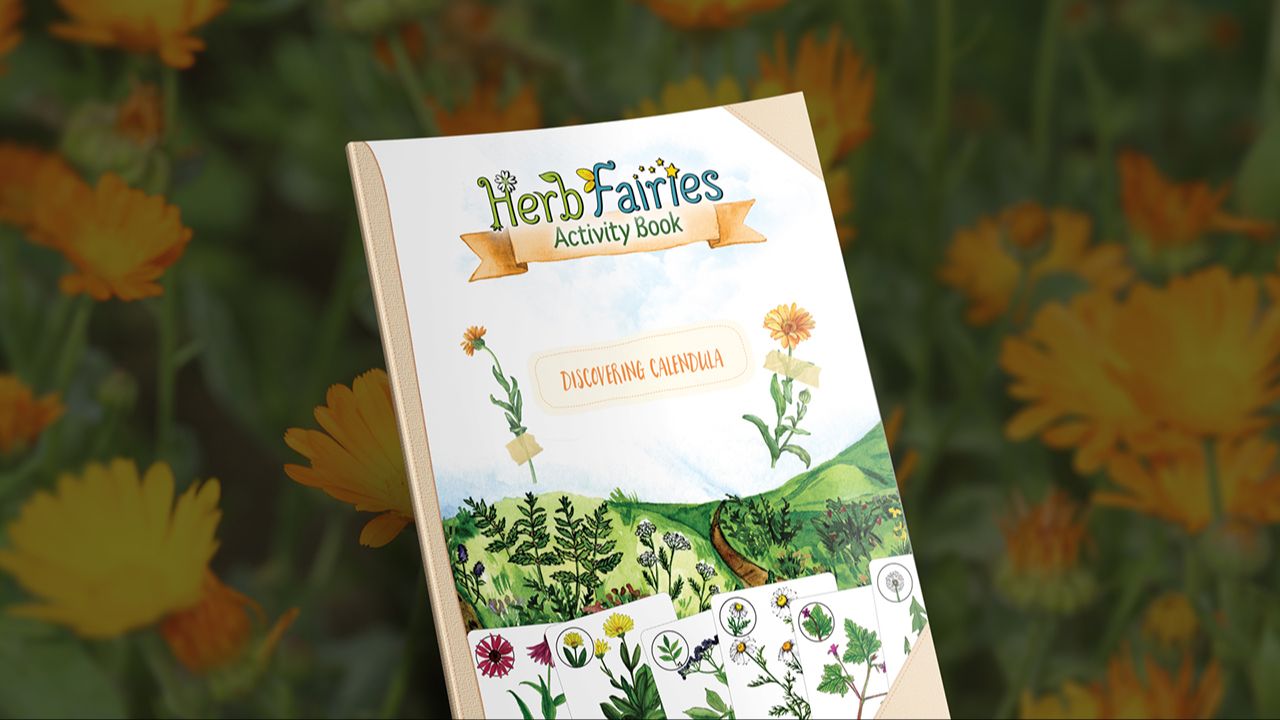
Herbalist Training 101
Herbalist training is becoming increasingly popular as more and more people seek holistic approaches to their everyday wellness. Whether you have a personal interest in herbal remedies or are considering a career in herbal medicine, pursing an herbalist training can be an incredibly rewarding and valuable experience.

What to Look for in an Herbalist Training
The kind of herbal training program you pursue can depend on a number of factors. If you're interested in practicing clinical herbalism, then you'll want to pursue a more clinically rigorous program. If you're interested in learning how to make home remedies for your friends and family, then you can take a herbal medicine making class. Or if you want to grow your own herbs, then you can take an herb gardening class. The possibilities are truly endless in the field of herbalism!

Core Curriculum for Herbal Education
When figuring out your herbal training path, you can keep in mind that these are some core areas of study that a well-rounded herbal education program tends to include...
1. Botany
Understanding how different plant species look and are related gives herbalists valuable insight on how to work with medicinal plants.

2. Herbal Constituents
Learning about plant chemistry and how phytochemicals interact with the human body is a key part of herbal study.
3. Herbal Energetics
Grasping the energetics of different plants and common conditions allows herbalists to be more skilled at matchmaking plants and humans.

4. Ancestral Herbalism
Honoring the origins of herbal traditions allows students to connect more deeply with the plants and their own ancestral backgrounds.
5. Herbal Therapeutics and Body Systems
Familiarity with each body system allows herbalists to be more strategic when creating herbal protocols for clients.

6. Materia Medica
This is one of the most foundational parts of herbal training: the in-depth study of plants and their healing gifts. With Materia Medica, you might spend hours or more focusing on the specific indications for a single plant.
7. Medicine Making
With a medicine making course, you'll gain skills to confidently and safely make essential herbal preparations like tinctures, teas, salves, hydrosols, infused oils, and more. You might even be inspired to start your own herbal products line!

How Do I Get Started On My Herbal Path?
If you're ready to take the next step on your herbal journey, try HerbMentor. HerbMentor is LearningHerbs' online herbal education platform that offers over 10 in-depth herbal courses on topics that range from gardening to medicine making to ancestral herbalism to body systems and more. Right now you can try HerbMentor for just $1.
HerbMentor is a great place to deepen your herbal knowledge and connect with other passionate herbalists — we have an active community forum of herb nerds who share their questions, their wins, and even their favorite herbal recipes. HerbMentor offers a hub for beginners and more seasoned herbal practitioners alike to connect over a shared love of medicinal herbs.

Where Should I Go to Herb School?
If you're looking for an in-depth certificate program, to become a clinical herbalist, check out our list of our favorite herbalism schools. These programs will allow you to dive deep into hours of study of herbalism.










